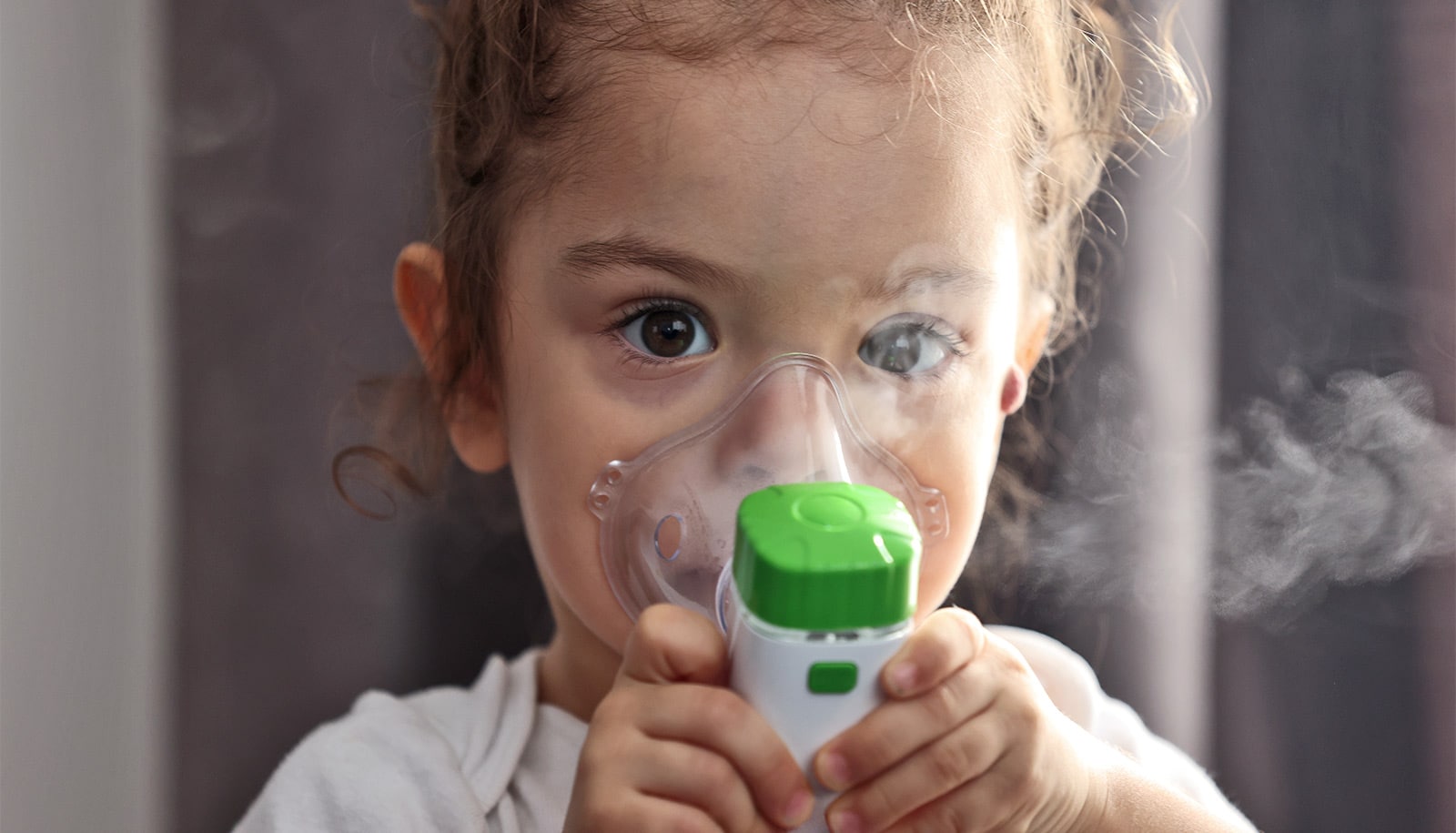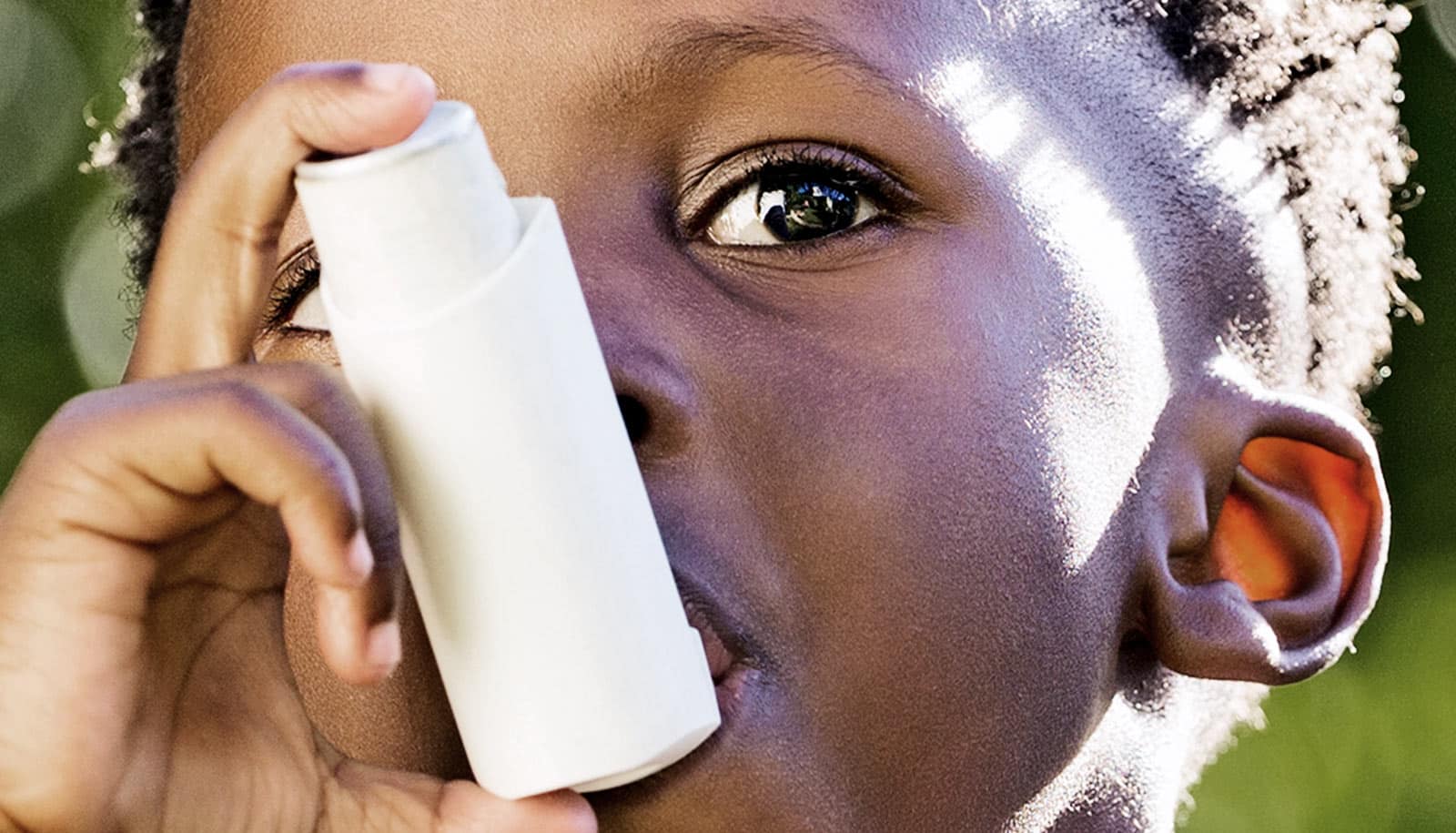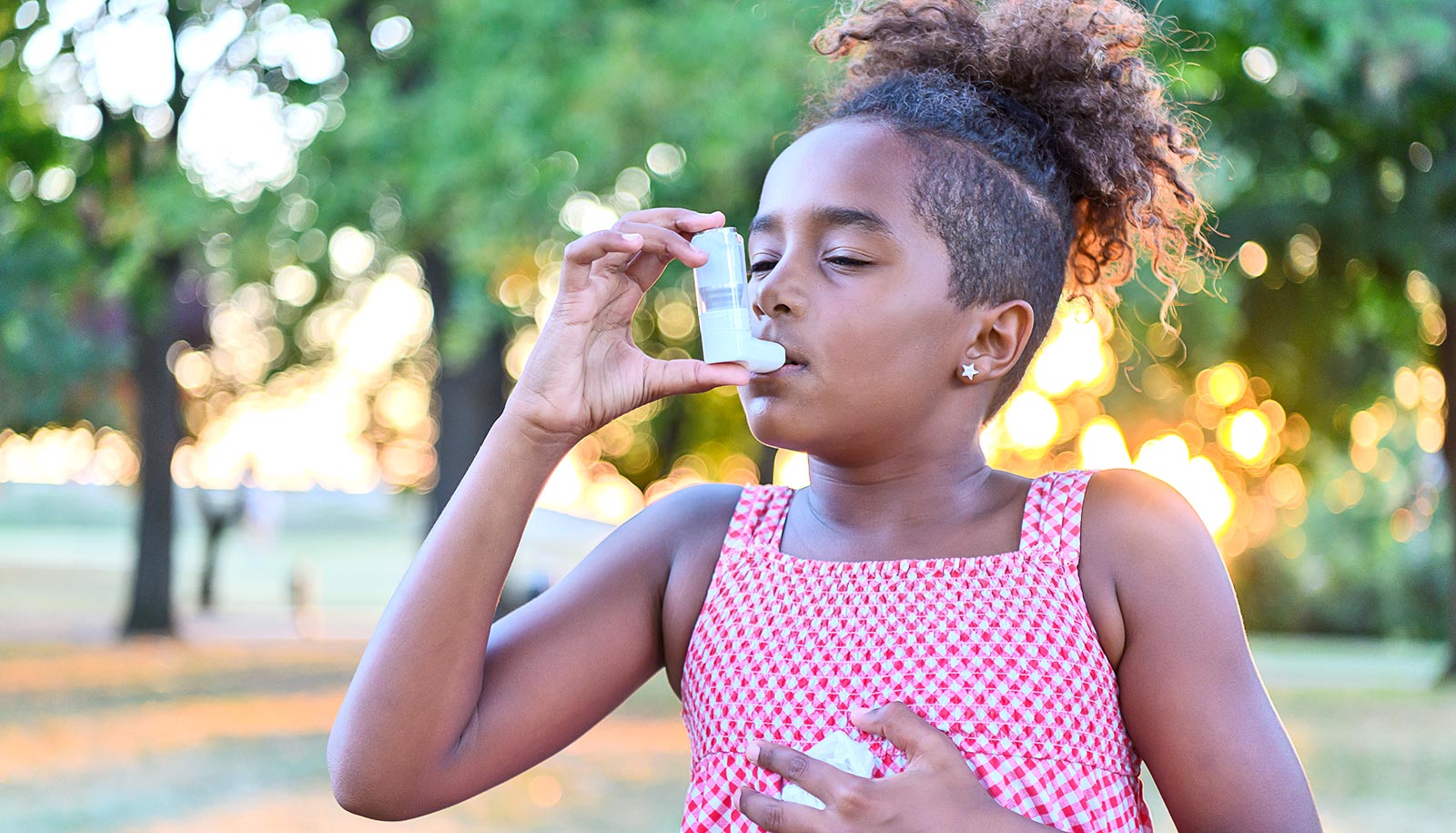Children diagnosed with asthma are at significantly increased risk of developing anxiety, according to a new study.
The researchers analyzed 9,369 reports using data from the Longitudinal Study of Australian Children (LSAC), which has followed the development and well-being of 10,000 children since 2004.
The findings show 4-year-olds with asthma were more likely to develop anxiety between the ages of 6 and 15 years, compared to non-asthmatic children.
“We found there was an 87% increased risk overall for children with asthma,” says lead study author Diana Garcia Sanchez, a PhD candidate at the University of Queensland. “We also found girls with asthma experienced more anxiety than boys during adolescence.”
Around one in five Australian children live with the respiratory condition characterized by chronic inflammation of the airways, causing episodes of wheezing and shortness of breath.
The researchers don’t believe medication used to treat the disease is responsible for the increased risk of anxiety.
“The asthmatic children in the study who were unmedicated developed anxiety at a higher rate than those who were medicated for asthma,” Garcia Sanchez says. “The children who were not taking asthma medication were 9% more likely to develop anxiety than their medicated counterparts.”
“Other factors like additional burden to manage the disease or could be some linkage between immune system dysfunction/inflammation and mental health in some of the new models.
“Other factors could explain the link between asthma and anxiety, and health professionals and parents should regularly monitor the mental health of children and provide psychological support where appropriate.
“This may help identify those most at risk of developing anxiety earlier and improve management of the condition,” Garcia Sanchez says.
The study appears in the journal Pediatric Allergy and Immunology.
Source: University of Queensland



